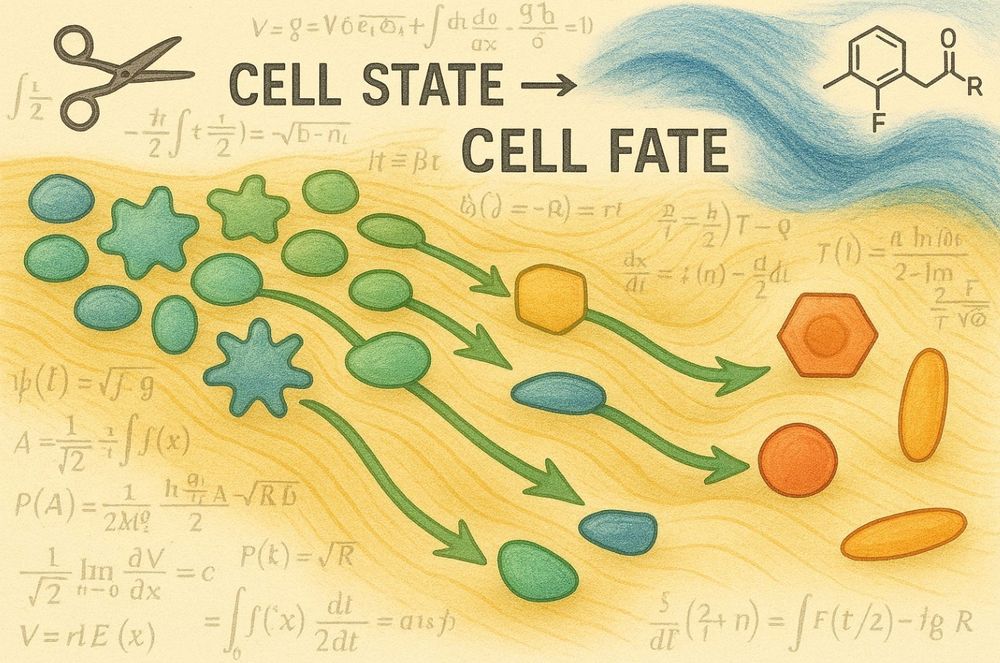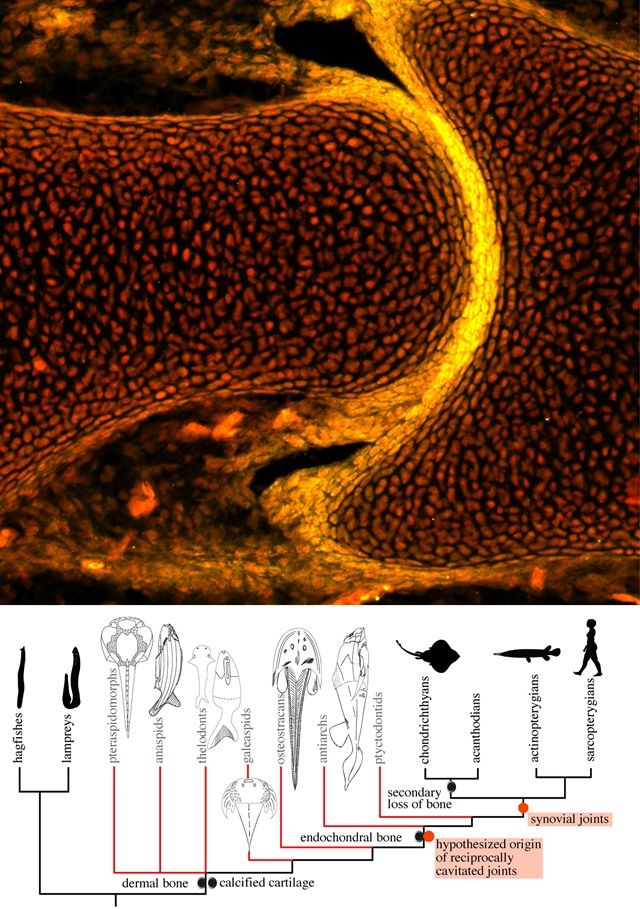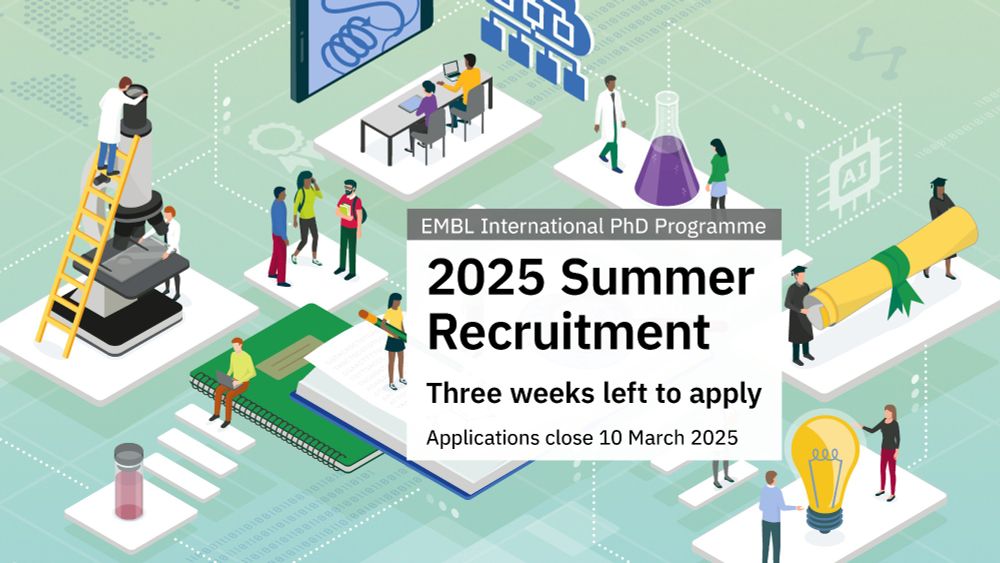
Lecturer at UCL Physics.
Formerly:
Postdoc with @amurugan.bsky.social at the University of Chicago.
PhD with Madan Rao and Jitu Mayor at NCBS, Bangalore.
shorturl.at/2LHbw

shorturl.at/2LHbw

Research groups across EMBL are recruiting now! www.embl.org/about/info/e...
Don’t miss this opportunity to receive dedicated mentoring while doing interdisciplinary research.
🧪#AcademicSky #MolBiol #PhDSky #careers @ebi.embl.org




www.sciencedirect.com/science/arti...

www.sciencedirect.com/science/arti...

...and it's got an assay we called BALDy!
Surely the panel will weight names as much as scientific content in their decision, right?
...and it's got an assay we called BALDy!
Surely the panel will weight names as much as scientific content in their decision, right?
Watch this video to find out more:
mediacentral.ucl.ac.uk/Player/9h335dB3
Watch this video to find out more:
mediacentral.ucl.ac.uk/Player/9h335dB3



